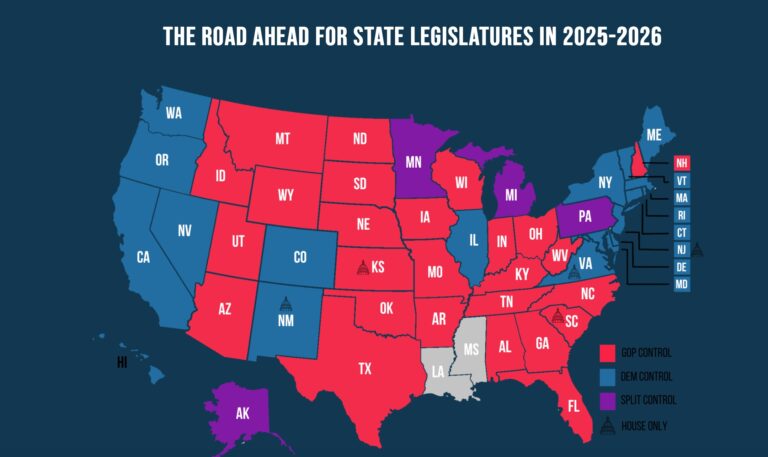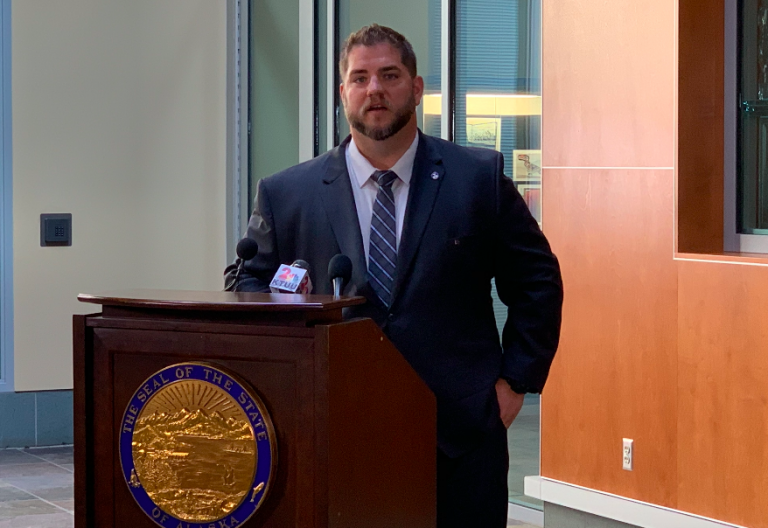A 31-year-old man from the village of Wainwright was arrested Wednesday by the FBI on multiple federal charges related to the alleged sexual exploitation of minors in his community, which has a population of about 600.
According to the US Attorney’s Office for the District of Alaska, Robert Segevan faces charges including receipt and possession of child pornography, attempted enticement of a minor, and attempted production of child pornography. If convicted, he could face a minimum of 15 years and up to life in federal prison.
The North Slope Borough Police Department first received a complaint on Oct. 22, 2024, from a 15-year-old who reported that Segevan had repeatedly asked for sexually explicit photos via a digital messaging app. Despite attempts to block him, the victim said Segevan allegedly created new accounts to continue making contact.
Two other minors also reportedly received similar requests. Authorities say the contact began in 2023 and persisted over time.
On Nov. 7, 2024, the National Center for Missing and Exploited Children flagged an account linked to Segevan for child sexual abuse material. The report indicated that Segevan had allegedly asked a fourth minor victim to meet for sexual contact.
A search warrant return on Nov. 14, 2024, provided law enforcement access to two of Segevan’s user accounts on the platform. Investigators say they found several explicit images sent from a fifth minor.
Police executed a search warrant at Segevan’s residence on Dec. 24, 2024, seizing electronic devices that are still being analyzed.
On June 30, 2025, the FBI received another complaint alleging that Segevan continued to ask one of the previously identified victims for explicit images and had been harassing other minors in the Wainwright area.
Segevan is formally charged with one count of receipt of child pornography, one count of attempted enticement of a minor, one count of possession of child pornography, and one count of attempted production of child pornography.
The case is being investigated by the FBI Anchorage Field Office and the North Slope Borough Police Department, with support from the Anchorage Police Department as part of the FBI’s Child Exploitation and Human Trafficking Task Force.
The U.S. Attorney’s Office encourages anyone with information about Segevan or any of the usernames he is alleged to have used — including “Ethan Allen,” “tukak,” “robertsegevan20,” or “robertsegevan24” — to contact the FBI Anchorage Field Office at (907) 276-4441 or submit a tip anonymously at tips.fbi.gov.









